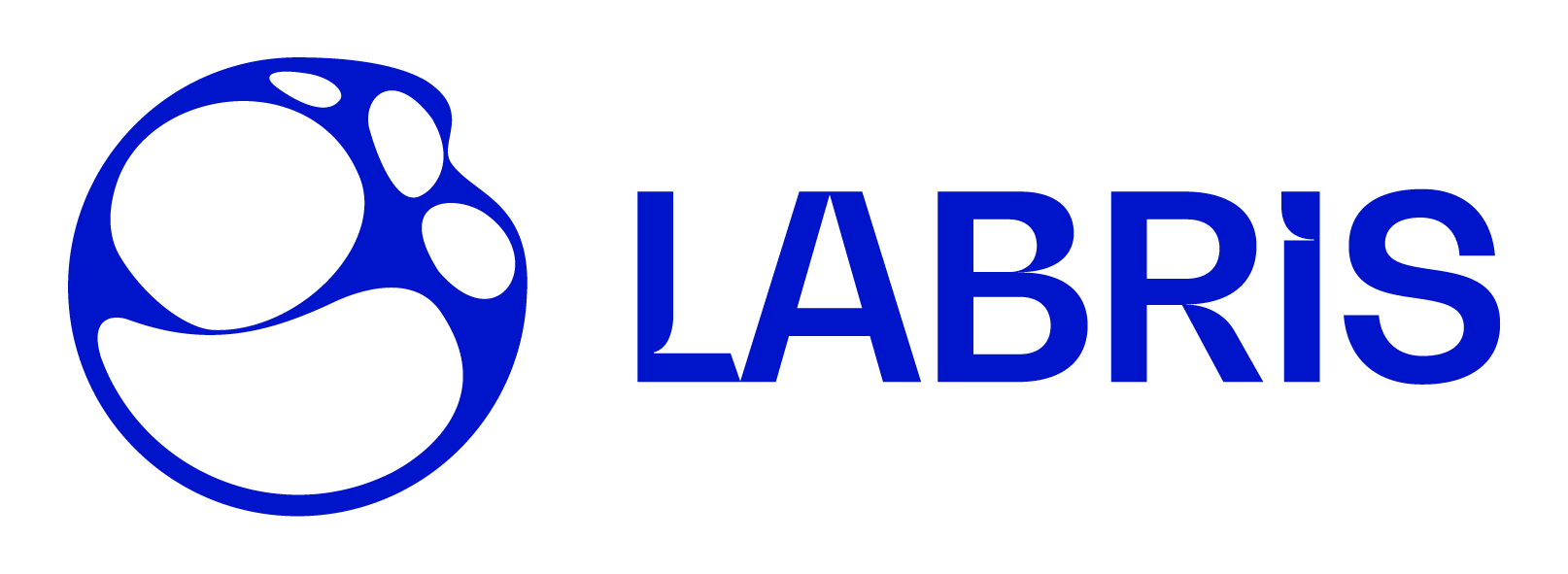LABRIS is participating in the OH4Surveillance project
The project "Setting up a coordinated surveillance system under the One Health approach" (OH4Surveillance) is a project co-funded by the European Union (grant agreement No 101132473) under the EU4Health 2021 program with a budget of 12.4 million euros, 80% of which is financed by the European Union. The project duration is three years (from January 2024 to December 2026)
The overall aim of the project is to support countries in establishing and expanding a coordinated surveillance system for important zoonotic pathogens, focusing on surveillance of pathogens in animals and the environment. The project includes capacity building for early detection of threats and surveillance activities.
Most emerging infectious diseases affecting humans are zoonotic, in which pathogens are transferred from animals to humans (and vice versa). It has now been found that the health of animals and humans is connected either directly or through the environment, and in order to protect human health, more attention must be paid to threats from animals and the environment. Combating emerging and re-emerging zoonotic diseases requires a transition to a "One Health" approach, which requires strengthening cross-sector and cross-national cooperation to harmonize pathogen surveillance.
Preparation for the project began in 2022 under the coordination of the European Food Safety Authority (EFSA), which involved various institutions and expert groups and formed the "One Health" subgroup of the animal health and welfare risk assessment network. To this purpose, EFSA compiled a list of important zoonotic pathogens, and national competent authorities collected data on surveillance activities for these pathogens. A multi-criteria ranking of these pathogens was performed in each country and on a pan-European basis. EFSA prepared recommended surveillance cards for each surveillance activity of ten priority pathogens and unknown or emerging pathogens. In each country, important pathogens and surveillance methods were selected.
Estonia is part of the consortium coordinated by the Danish Serum Institute (Statens Serum Institut). In addition, Belgium, Lithuania, Luxembourg, Latvia, Norway, Poland, Sweden, Germany, Finland, and Denmark participate in the project.
LABRIS is the project coordinator in Estonia, with partners including the Agriculture and Food Board, the Estonian University of Life Sciences, and the Health Board. The aim of the project is to monitor pathogens in animals and vectors (West Nile fever, tick encephalitis, Lyme disease, Q fever and emerging disease (disease Y)).
The kick-off meeting of the project consortium took place on February 27-28 in Copenhagen, with representatives from 22 institutions of the 11 countries in the consortium, as well as representatives from the European Health and Digital Executive Agency (HaDEA) and EFSA.
Project web page: https://en.ssi.dk/surveillance-and-preparedness/international-coorporation/oh4surveillance

More information:
Age Kärssin
Leading Specialist of Risk Assessment Department
tel 5648 9526
email age.karssin[at]labris.agri.ee
